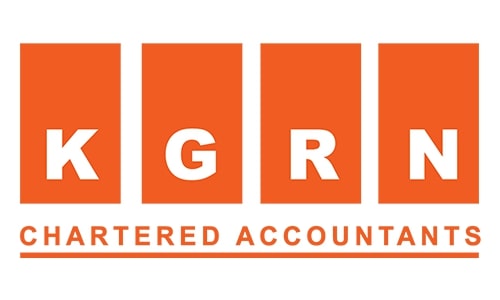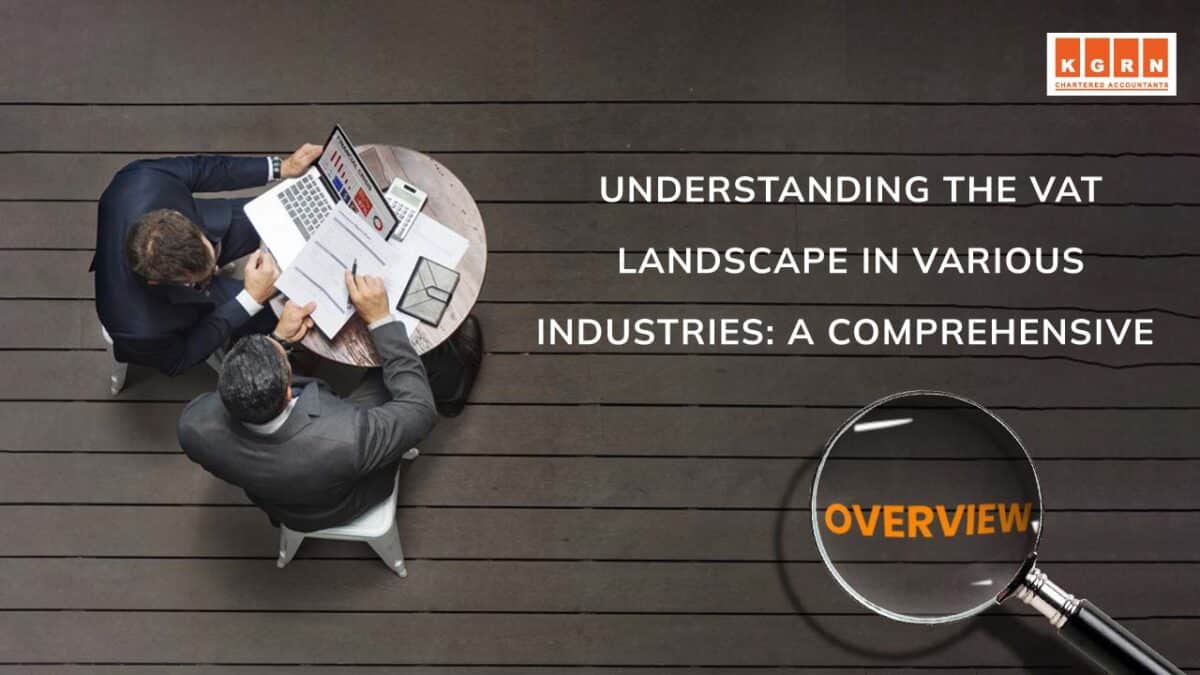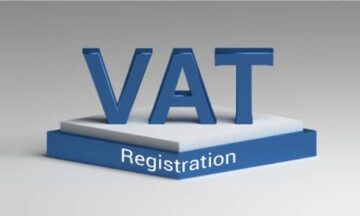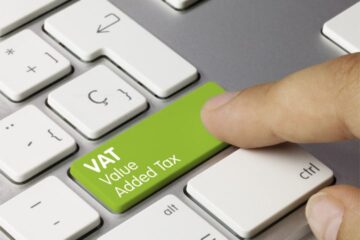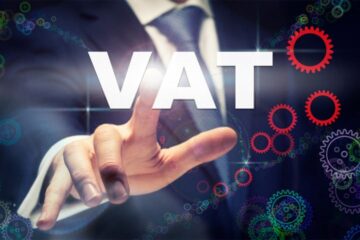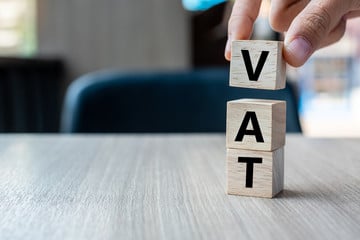The education sector experiences a mix of VAT rates depending on the service type and the institution’s ownership. Notably, private and public school education, excluding higher education, alongside goods and services provided by these institutions, are exempt from VAT. The same applies to government-owned or significantly government-funded higher education institutions. Contrastingly, private higher educational institutions and related services are subjected to a 5% VAT rate. This variation extends to nursery, pre-school education, school uniforms, stationery, electronic equipment, renting of school grounds, after-school activities, and school trips, with certain activities being exempt and others attracting a 5% VAT rate.
How to register for value-added tax in the United Arab Emirates
In the United Arab Emirates, registering for VAT is a straightforward online process; therefore, you may easily embrace the digital age of tax compliance. Establishing an account and navigating to the eServices section of the FTA’s website are both options for firms who wish to complete their registration. Not only does the authority provide a great deal of guidance and help, but it also makes sure that businesses are aware of their obligations and are aware of how to fulfill them.
By streamlining the registration process, the Free Trade Agreement (FTA) has made it simpler for businesses to comply with the legislation governing VAT. Because the process of registration is so straightforward, businesses are able to better focus on growing their operations and extending their operations rather than becoming bogged down in complicated tax procedures.
If you are unsure about the requirements that apply to your firm or if you need to assess whether or not VAT registration is required, our staff is available to assist you at every level of the process. If you require assistance, please send us a brief email. In the event that it is required, we will render assistance with registration and offer clarification on the process.
Effects of VAT on Businesses and Consumers
The UAE’s implementation of value-added tax has significant implications for both consumers and businesses. The extent to which the cost of living increases will be determined by the actual impact on consumers’ purchasing patterns and lifestyle choices, despite the possibility of a modest increase. Nevertheless, in order to maintain profitability and adhere to regulations, businesses must meticulously evaluate the potential effects of VAT on their pricing strategy, cash flow management, and compliance practices.
Willful disregard of VAT regulations may induce substantial penalties. In order to avoid any legal repercussions and maintain a positive relationship with the FTA, businesses must ensure that they maintain accurate records and adhere to tax regulations.
Healthcare Services and VAT
Healthcare services, including preventive and treatment-focused services, enjoy a 0% VAT rate, emphasizing the sector’s vital nature. However, non-essential services like elective cosmetic procedures are taxed at 5%. This distinction extends to medicines and medical equipment, where items listed in the Cabinet Decision are exempt from VAT, whereas others are not.
Oil and Gas Industry VAT Regulations
The VAT treatment in the oil and gas industry is straightforward, with crude oil and natural gas exempt from VAT, while other products, including petrol at the pump, are taxed at 5%.
Transportation Sector and VAT
The transportation sector benefits from various exemptions and zero rates, especially for domestic passenger transportation, which is VAT-exempt. International transportation of passengers and goods, along with supplies related to commercial transport means, enjoys a 0% VAT rate.
Real Estate VAT Nuances
The real estate sector exhibits complexity in VAT application. Commercial building sales and rentals are generally taxed at 5%, whereas the first sale or rent of residential buildings post-construction or conversion, including the first sale of charitable buildings, is VAT-exempt. Subsequent supplies and specific scenarios, such as UAE citizens building their homes, have distinct VAT treatments.
Financial Services and VAT Application
Financial services encounter a mix of exemptions and taxed transactions. Margin-based products without explicit fees are exempt from VAT, whereas services with explicit fees are taxed. Interest on various forms of lending and the issue of securities are exempt, highlighting the nuanced VAT landscape in financial services.
Precious Metals and Jewelry VAT
Investment-grade gold, silver, and platinum are exempt from VAT if they meet purity standards and are tradable on global markets. However, less pure metals and jewelry items are subject to a 5% VAT rate.
Insurance Sector VAT Treatment
The insurance sector sees a differentiation between general insurance and reinsurance services, which are taxed, and life insurance and reinsurance, which are exempt from VAT.
Food and Beverages, and Telecommunications
Both food and beverages and telecommunications services attract a standard 5% VAT rate, indicating a broad application of VAT in these consumer-focused sectors.
Government and Non-Profit Organizations
Government activities not in competition with the private sector and certain non-profit organizations’ activities are considered outside the VAT system, emphasizing the public service aspect of these entities. However, business activities by non-profits are subject to the standard VAT rate.
Free Zones and VAT
Transactions within designated free zones are treated distinctively, often considered outside the VAT system, yet the specifics depend on the nature of the goods and services involved.
Miscellaneous Categories
The export of goods and services, employment activities, supplies within tax groups, and the sale of second-hand goods, among others, have specific VAT treatments, highlighting the comprehensive scope of VAT’s application across the economy.
In Conclusion
This tax mechanism, value-added tax (VAT), is clearly more than simply a means of raising revenue; as we near the end of our analysis, it reveals a nation’s economic policy and social priorities. From its inception to its current implementation in the UAE, the value-added tax (VAT) has shown to be a versatile and efficient means of financing public services and infrastructure. Contributing to the nation’s well-being and managing the duties that come with financial obligations, consumers and corporations both play essential roles in this system.
Whether you’re a business attempting to stay in compliance or a consumer wanting to better understand your spending, value-added tax (VAT) knowledge can help you navigate your financial waters. With the right amount of knowledge and preparation, value-added tax (VAT) can be handled in a way that makes the most of its advantages for everyone.

